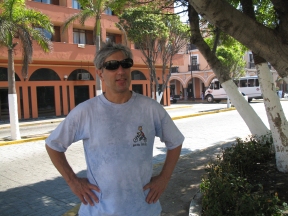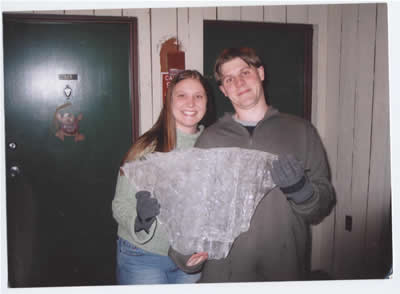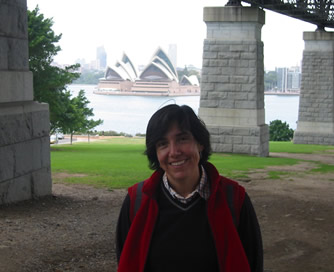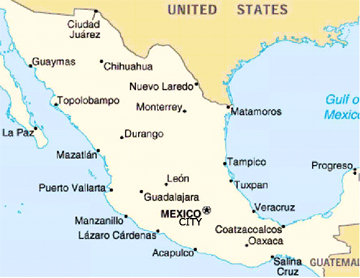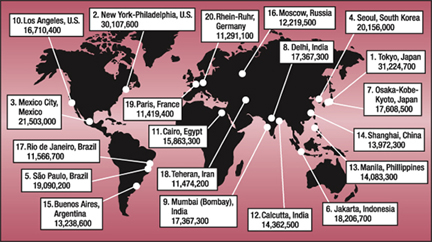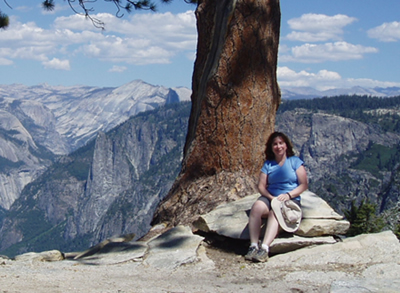
Judy Lloyd
I am a professor at SUNY Old Westbury, a small public college located 30 miles from New York City. I have been teaching chemistry here for over 25 years, and have an active research program involving undergraduate students. Those of us who work at small colleges wear many hats, and I am also the chair of Adolescence Education, one of Old Westbury’s fastest growing programs. I did my undergraduate studies in chemistry at SUNY / Binghamton and my graduate work in radiation chemistry at Ohio State University. I returned to the NY area for a postdoc at Brookhaven National Laboratory (BNL), where I am still a guest researcher during the summers. My husband is also a chemistry professor and we have one grown child who has chosen not to be a chemist.
I am interested in the fast reactions that generate pollution in the atmosphere. These are reactions that involve sunlight and naturally occurring substances such as water vapor and ozone, as well as substances emitted by human activities, such as NOx and hydrocarbons. I work closely with scientists at BNL to develop methods of detecting hydrogen peroxide (H2O2) and to interpret our field observations. Although there are only a few of these molecules in every billion molecules of air, they play an important role in making smog. We will be measuring peroxides in Pachuca, Mexico, and aboard the Department of Energy Gulfstream Research Aircraft, during March 2006. We hope these measurements will help us to understand how smog forms and how to minimize its effects on the earth.






